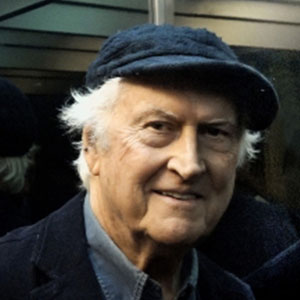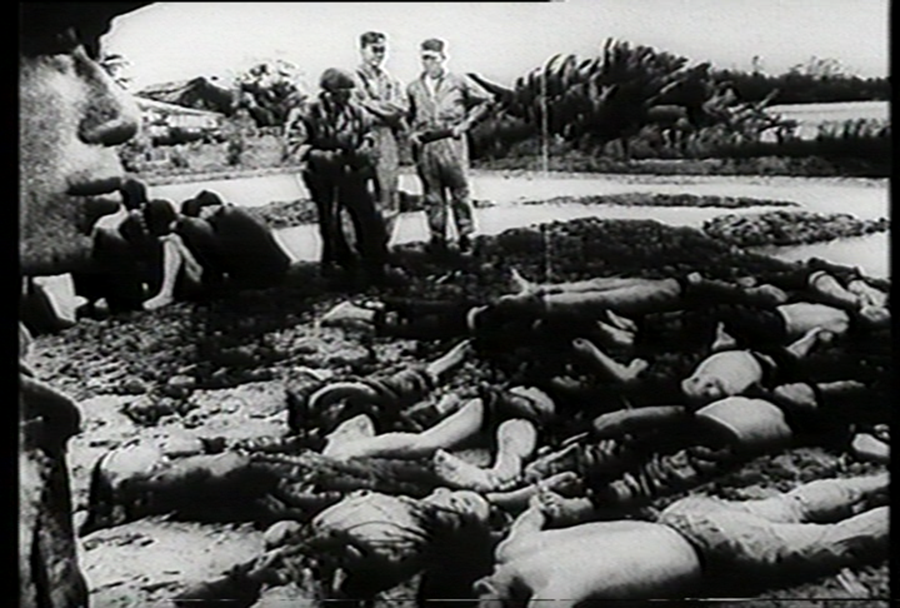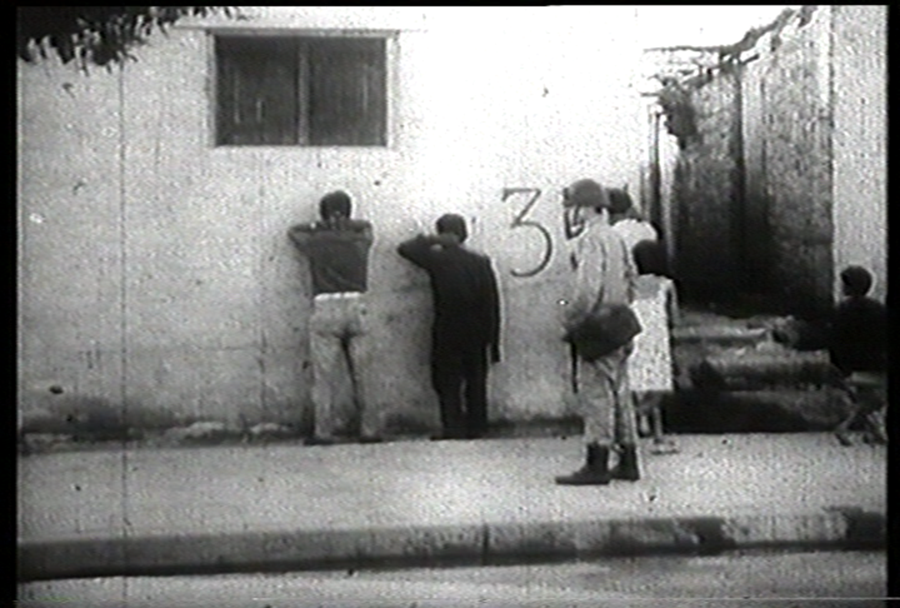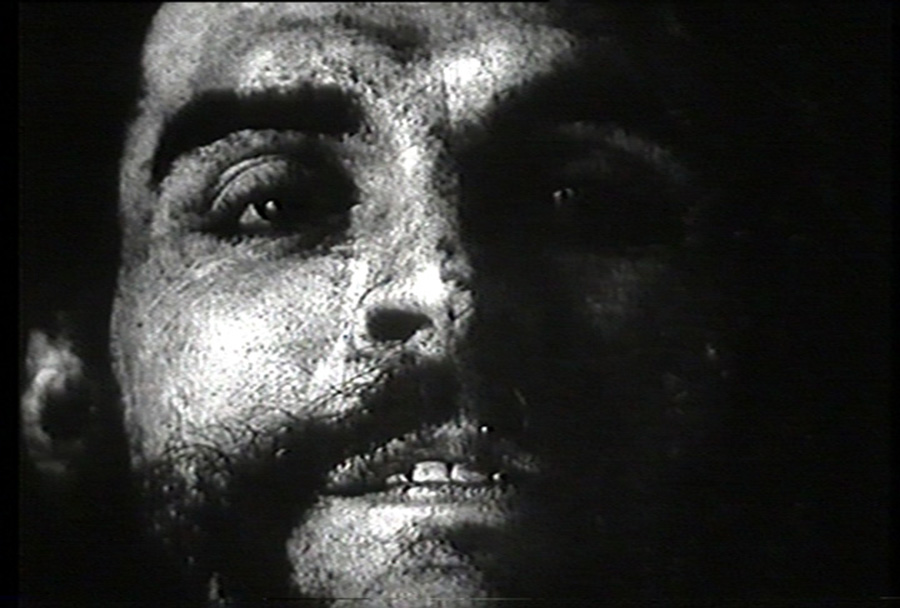The Hour of the Furnaces
Fernando E. SOLANAS, Octavio GETINO
- Argentina
- 1968
- 240min
- 15 +
- DNxHD, HD
- black and white
Synopsis
An extensive documentary that was shot clandestinely and persecuted by dictatorships. Labeled a film‐happening, a participation film and, a strong subversive statement, it has come to be considered as The Battleship Potemkin of Latin America. The film offers a testimony of social and political violence in Latin America and is also a chronicle of Peronism and Labour resistance in Argentina.
*There will be a 20-minute intermission during the screening.
Review
In the late 1960s, when the fire of revolution influenced the world, Latin America was the hottest continent. In response to such sociopolitical movements, Latin cinema has poured the immortal films from the continent. It was like a continent that the master directors, such as Luis Buñuel, Sergei Eisenstein and Mikhail Kalatozov, discovered its charm earlier. The movement of Memories of Underdevelopment (1968), Lucia (1968), Antonio das Mortes (1969), and Yawar Mallku (1969) continued with La Batalla De Chile (1973~1979), etc. The monumental film of Fernando E. Solanas and Octavio Getino, who formed Argentina's 'Liberation Film Group' at this time, is The Hour of the Furnaces.
The Hour of the Furnaces is a three-part film, and the first one, 'Neocolonialism', declares that the Latin American countries, except Cuba, are not actually liberated. It says that they seemed to be independent from the past imperialism, but it was the prevalence of the neo-colonialism, which was a combination of the Western Powers and the local bourgeoisie. The film discusses the violent reality of neo-colonialism under the thirteen subtitles ranging from 'history' to 'choice'. Part 2, 'Act for liberation' and Part 3, 'Violence and liberation' retrace the liberation struggle of the Argentine people and look at its achievements and limitations. And then they suggest the task of protecting them for revolution and liberation. As it clearly says, "Comrades, the cinema is not a spectacle or an attraction, and it is one action rather than them. It is for liberation and anti-imperialist alliances of Argentina and Latin America. The cinema is a space for those who sympathize with this struggle." in the opening part of Part 2. The Hour of the Furnaces is essentially a film of the propaganda. The film affirms that the 'revolutionary violence', the action is the only weapon to stand against the imperialism that brutalizes human beings, and that human beings can be liberated only if the fierce awareness of reality and history must lead to action.
The Hour of the Furnaces has a special value in that the themes the way of conveying them are unified. As it is revolutionary in style and form as well, it conveys revolutionary themes in a revolutionary way. The films of Godard, which had been interested in revolutions at similar times, is less revolutionary than it in terms of freewheeling and will. To fulfill the propaganda Solanas and Octavio Getino brought 'archiving film, photography, feature films, advertising, broadcasting, paintings and posters', and overlaid 'graphics and subtitles, narrations, experimental sound, classical music, interviews' above them. In the latter half of Part 2, The explosion of the montage is more surprising than the Soviet cinema, and the dynamic music reaffirms the firm will to revolution. If the film was only used as a powerful means of propaganda, it would have given the impression behind the times. Considering the reality, there is little difference in the governing structure of the nations and the classes in the 21st century. The Hour of the Furnaces approaches the liberation struggle of the oppressed people to escape the oppression of the ruling class in a sincere manner. [LEE Yongchel]
Director
-

Fernando E. SOLANAS
Born in Buenos Aires in 1936, he formed 'Grupo Cine Liberación' with Octavio Getino and directed The Hour of the Furnaces in 1968. Analyzing the society of Argentina at that time, the film awakened the audience to its underground screening and left a significant mark in the film history. After the 1976 coup d'etat he left for France, where he made several features including Tangos: the Exile of Gardel(1985), Sur(1988).
-

Octavio GETINO
El familiar (1975)
Perón: Actualización política y doctrinaria para la toma del poder (1971)
Perón: La revolución justicialista (1971)
Argentina, mayo de 1969: Los caminos de la liberación (1969)
Credit
- ProducerFernando E. SOLANAS
- Cinematography Fernando E. SOLANAS
- Editor Antonio RIPOL
Juan Carlos MACÍAS - Music Juan Carlos DESANZO
- Sound Octavio GETINO
Anibal LIBENSON
Distributor / World Sales
Cinesur S.A. 54 11 4794 8513 / cinesur@fibertel.com.ar




